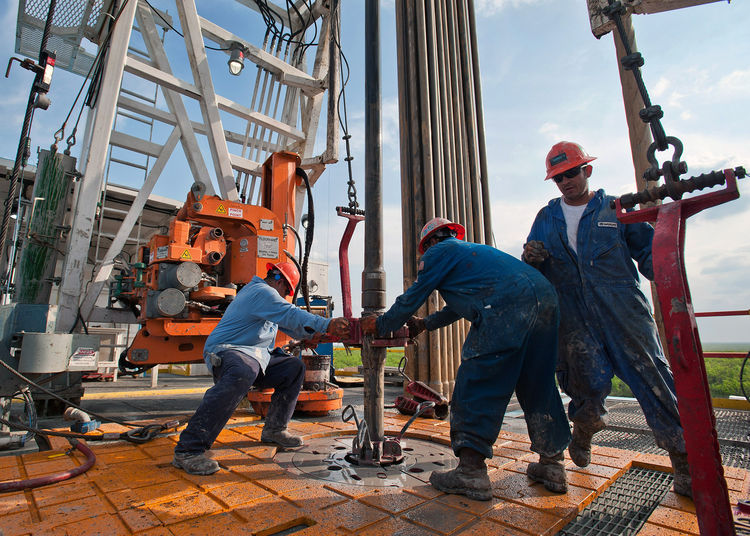Peter Obi, a prominent Nigerian politician and public figure, has called for unwavering support for the Dangote Refinery amid recent conflicts between Dangote Industries and government agencies.
In a passionate appeal, Obi said the current disputes extend beyond political and personal differences, touching upon the broader interests of Nigeria’s economy and its future prosperity.
In his statement on X.com, Obi highlighted the refinery’s immense potential to drive economic growth and create employment opportunities.
With an estimated annual revenue potential of approximately $21 billion and the capacity to generate over 100,000 jobs, the Dangote Refinery represents a cornerstone of Nigeria’s industrial advancement and economic stabilization.
“The recent challenges faced by Dangote Industries should not overshadow the vital role this enterprise plays in our national economy,” Obi asserted.
“Alhaji Dangote’s contributions are monumental, and it is essential that we rally behind his ventures, particularly the refinery, which is set to make a significant impact on our fuel crisis and foreign exchange earnings.”
The refinery, with its strategic importance, stands as a beacon of hope for Nigeria’s fuel supply and overall economic development.
It is poised to address long-standing issues in the energy sector, provide substantial revenue streams, and enhance the country’s economic resilience. Given these benefits, Obi stressed that any actions hindering the refinery’s operation would be counterproductive.
Obi also commended Alhaji Dangote for his remarkable achievements across various sectors, including cement, sugar, salt, fertilizer, infrastructure, and more.
“Alhaji Dangote embodies patriotism and commitment to Nigeria’s growth. His extensive industrial activities are not only a testament to his entrepreneurial spirit but also a vital contribution to Nigeria’s economic landscape,” he added.
Despite the challenging business environment, Dangote’s diversified industrial investments demonstrate a commitment to Nigeria’s industrialization and job creation.
Obi urged the Federal Government and its agencies to offer full support to Dangote Industries, recognizing the broader economic benefits and the positive impact on national welfare.
“The success of Dangote Industries is intrinsically linked to the success of Nigeria and Africa as a whole. We cannot afford to let such a crucial enterprise falter,” Obi warned. “Every sensible and patriotic government should view enterprises like Dangote Industries as national treasures that deserve robust support and protection.”
Obi’s appeal underscores the critical need for collaboration between the government and private sector leaders to ensure the successful operation of key projects like the Dangote Refinery.

 Billionaire Watch3 weeks ago
Billionaire Watch3 weeks ago
 Startups4 weeks ago
Startups4 weeks ago
 News4 weeks ago
News4 weeks ago
 News4 weeks ago
News4 weeks ago
 Bitcoin4 weeks ago
Bitcoin4 weeks ago
 Naira4 weeks ago
Naira4 weeks ago
 Forex3 weeks ago
Forex3 weeks ago
 Treasury Bills4 weeks ago
Treasury Bills4 weeks ago















